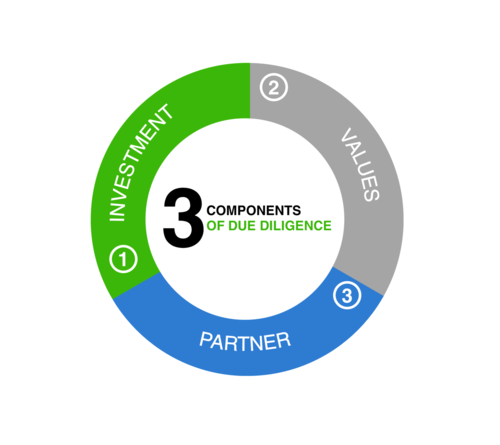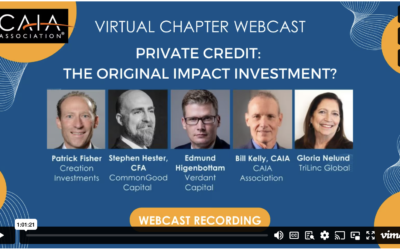Leverage Our Years of Experience


- Industry Research
- Competitive Anlysis
- Regulatory Analysis
- Business Structure
- Financial Modeling
CommonGood’s primary focus is on the viability and attractiveness of the investment itself. Utilizing a combination of macro research coupled with fundamental financial analysis, CommonGood puts all potential investment strategies through a detailed institutional-style due diligence process.

- Financial Return
- Intentionality
- Measurability
- Reportability
- Sustainability
CommonGood is committed to identifying investment opportunities that align with investor values. It must create an impact on our communities, society, and the world in a meaningful and measurable way. In the same way that CommonGood vets the investment strategy it also assesses the potential impact created.

- Management & Governance
- Character
- Team
- Track Record
- Commitment
CommonGood seeks out long-term relationships with best-in-class asset managers and investing partners. Prior to the establishment of a relationship, CommonGood will thoroughly vet the strategies, investment theses, character, team, track record, and commitment to impact of each of our partners.
Take the Next Step
If you are interested in learning more about our detailed approach to due diligence, please contact us.
Related News
Private Credit: The Original Impact Investment Replay Available
Hot off the release of his popular Private Credit white paper - Stephen Hester, CommonGood Capital's VP of Investments, was featured as a guest panelist on a CAIA Association-hosted webinar on the same topic, the replay of which is now...
Fortis Green Update: Hydrobox’s Next Project
Following Fortis Green Renewables Green Fund I's investment in the Hydrobox AssetCo in August, Kiamahindu, the 3rd of 8 small hydropower projects in Central Kenya is currently under construction. Hydrobox is an innovative provider of off-grid...
Alliant Strategic Investments is Now W&D Affordable Preservation
Alliant Strategic Investments, fund manager of the Multi-Family Impact Fund, LP featured on the CommonGood Capital platform, recently announced a significant milestone in its integration journey with Walker & Dunlop a publicly-traded real estate...



